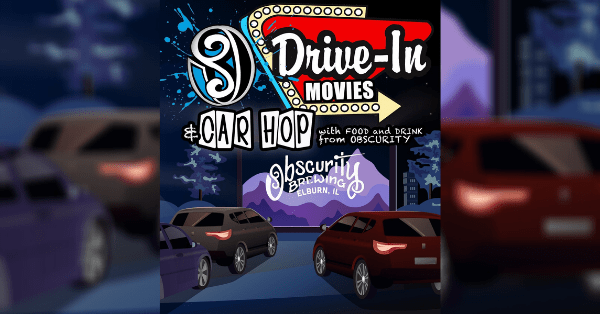

Named Trailblazer of the Year at the Americana Music Association UK Awards in February 2016, Billy was subsequently awarded the Spirit of Americana/Free Speech in Music at the Americana Music Awards in September, co-presented by the First Amendment Center. The intervening three-and-a-half decades have been marked by numerous milestones and waystations for Billy, political and personal, including going topping the singles chart, having a street named after him, being mentioned in Bob Dylan’s memoir, being invited to deliver a seminar on accountability at the Bank of England and meeting the Queen. He also put out six songs as ‘rapid-reaction’ downloads, written in response to fast-moving political events, and gathered them together under the name Bridges Not Walls, a maxim for a post-ideological climate. The US tour, which began in Nashville in September, would cover even more ground, and steam across the UK and on into Australia in the New Year. The Observer called it ‘a muscular chronicle’, and it reached No.
#Obscurity brewing series
They boarded at Chicago’s Union Station and set out for LA, ‘looking to reconnect with the culture of American railroad travel and the music it inspired’ 2,728 miles later, the result was a series of field recordings that hymned the very act of getting from A to B. In March 2016, for Shine a Light, his eleventh long-player (and third in explicit collaboration with another artist), Billy reunited with Joe Henry for a trip across America, and through Americana, guided by the lights of the mythic American railway. His stripped-back tenth solo album, Tooth and Nail, recorded in five days in acclaimed songwriter/producer Joe Henry’s basement studio in Pasadena, allowed Billy Bragg to confidently state: ‘I did it my way.’ It was his highest charting LP in the UK since Don’t Try This at Home in 1991. His next solo album, recorded with his regular band the Blokes, brought it all back home: England, Half-English. The resulting Mermaid Avenue albums, Grammy-nominated, repositioned Billy in the United States, and opened up a new frontier for his rootsy, heartfelt music. In 1998, Nora Guthrie, daughter of the late folk legend Woody, invited Billy to set a treasure trove of his unsung lyrics to music, which he did in collaboration with US alt-rock stars Wilco.
#Obscurity brewing full
He played the full pop card with Don’t Try This at Home, even making a jaunty video for the Aids-related ‘Sexuality’, but went back to basics for William Bloke, reflecting a changing geopolitical world after the Berlin Wall. After Life’s A Riot, he blazed a modest trail with similarly direct follow-up Brewing Up with … and ‘difficult third album’ Talking with The Taxman About Poetry, on which Billy succumbed to the possibility of accompaniment, with additional guitar, piano and flugelhorn.ĭespite his above-parapet leftist activism – best summed up by 1985’s classic Between the Wars EP – his next album, Workers Playtime, positively jangled, with the highest ratio of love songs to protest songs yet. Politicised by a Tory government operating without love or justice (hard to imagine now), this previously adrift young man from Barking, with few career opportunities, bought himself out of the British Army in 1981 (‘the best £175 I ever spent’), determined to make a living out of song.


His first record company bio stated that he had ‘risen from obscurity to semi-obscurity.’

It charted at number 30 in the national charts. It contained seven songs, honed live, bashed out on a punk rock electric guitar, and wrapped in a utilitarian, single-colour sleeve. It was thirty-seven years ago when the Saturday boy from Essex who would become the UK’s foremost political singer-songwriter released his first record, Life’s a Riot with Spy Vs Spy.


 0 kommentar(er)
0 kommentar(er)
